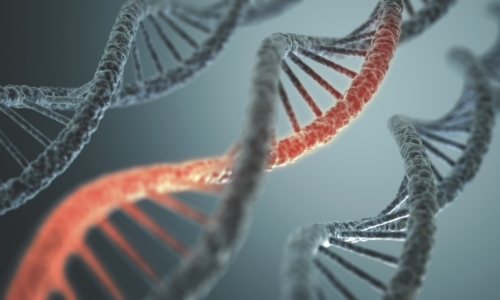 A new study published in the journal Cell has revealed how mutations in a specific gene called UBE3A trigger it to become hyperactive, causing abnormal brain development and autism.
A new study published in the journal Cell has revealed how mutations in a specific gene called UBE3A trigger it to become hyperactive, causing abnormal brain development and autism.
It’s been previously found that people with autism share a genetic abnormality called “Dup15q syndrome.” This syndrome occurs when the 15q chromosome region is duplicated; the cause for this was believed to be an overabundance of the UBE3A gene.
In the recent study on UBE3A gene mutations, study leader Mark Zylka and his team sequenced the genes of human cell lines from children diagnosed with autism and their parents.
The parents of the children had no signs of UBE3A mutations, but their children did, which suggested to researchers that the UBE3A gene in the children was permanently switched on (whereas it can be switched on or off in a “normal” brain).
When they introduced the mutated UBE3A gene into mouse subjects, the researchers witnessed the development of dendritic spines—these connect neurons to the synapses—on the brain cells. This finding was significant since having a high amount of dendritic spines has been associated with autism.
Furthermore, the researchers state that their discovery indicates that hyperactivation of UBE3A, which is triggered by the protein kinase A, causes Dup 15q-related autism.
Based on the findings, Zylka adds that it may be possible to reduce UBE31 activity in patients with Dup 15q-related autism ,as the team found that two of the compounds they tested—one of which was a drug called rolipram—reduced UBE3A activity in neurons.
One in 68 children in the U.S. has been diagnosed with autism; this number has increased from 1 in 150 in 2000. Boys are about five times more likely to be diagnosed with autism than girls. Parents who already have a child with autism have a greater chance of their second child having autism.
Source for Today’s Article:
Whiteman, H. “Scientists discover how gene mutation causes autism,” Medical News Today, August 7, 2015; http://www.medicalnewstoday.com/articles/297844.php.
